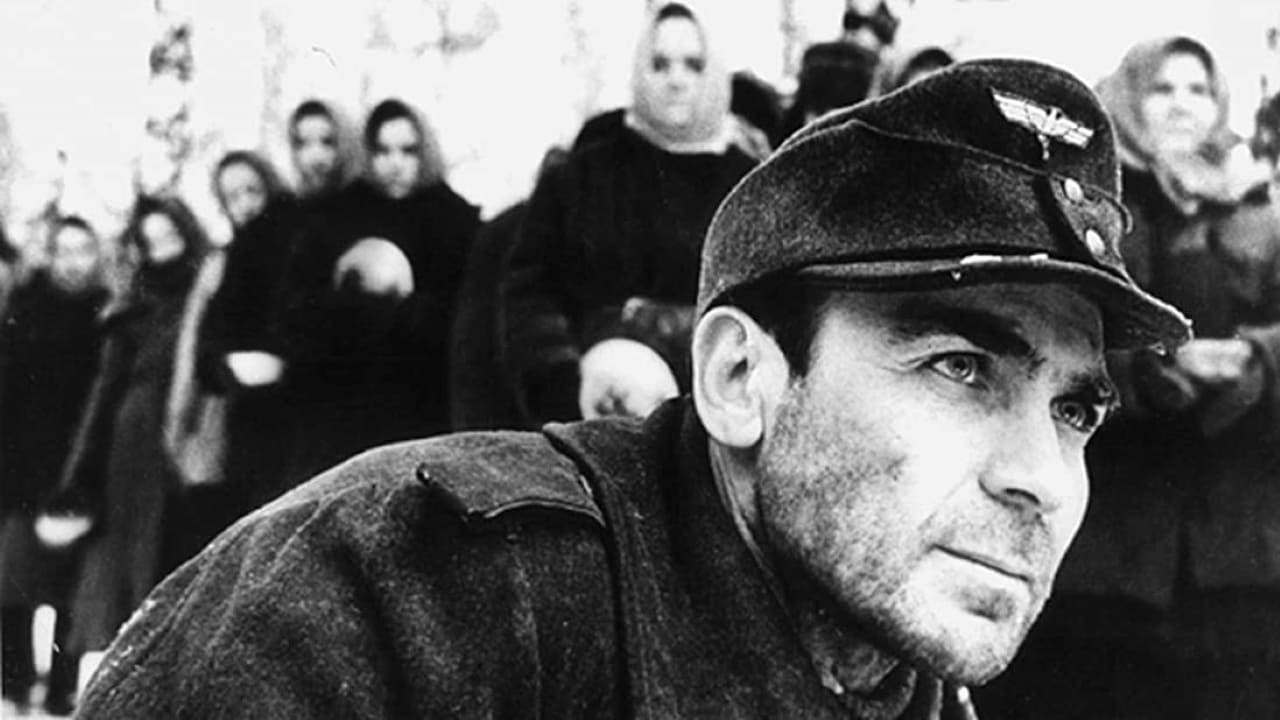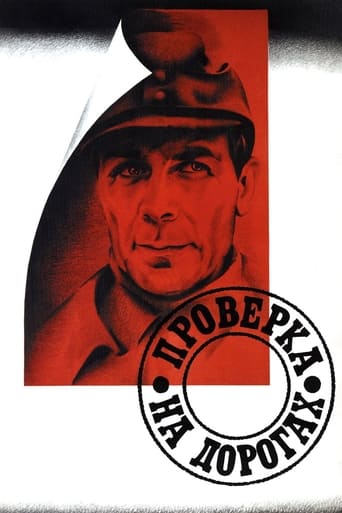



Thanks for the memories!
In other words,this film is a surreal ride.
If you're interested in the topic at hand, you should just watch it and judge yourself because the reviews have gone very biased by people that didn't even watch it and just hate (or love) the creator. I liked it, it was well written, narrated, and directed and it was about a topic that interests me.
View MoreAll of these films share one commonality, that being a kind of emotional center that humanizes a cast of monsters.
View MoreI don't recall hearing any music in the film, except for people playing IN the film, not for the film. This is good, cause music distracts. War takes ordinary people to extraordinary situations where the real soul can be discovered. It felt natural for me to walk into the frame and participate in the dilemmas of everyone in the film. And I was not sure what I would have done in similar situations. I, simply, lack the capacity to fully absorb the depths of the soul searching in the film. It has not the brutality of Klimov, nor the conscience drama of Shepitko, but it has the same depth of penetration into the human soul at those defining moments. Just to set my scale, 10 goes to Andrei Rublev. It is NOT on a par with Klimov's "Come and see", nor with Shepitko's "Ascent".
View MoreDespite its age, this is a very good film. The story of the Russian and Ukrainian soldiers who defected to the German side to fight with General Vlasov against the hated Bolsheviks has not been shown in many films, so this one is a welcome addition.Some reviewers have puzzled over the question why the film's distribution was held up for 14 years, made in 1971 and released only in 1985. The answer seems fairly obvious: this is a political film, which is not shy about showing NKVD officers in a less-than-flattering light. Furthermore, while patriotic, it stresses the human and personal aspects of life and it is almost Christian in its theme of crime and redemption. 1971 USSR under Brezhnev what still not ready for those ideas, hence the hold-up.While the acting is fairly wooden by modern western standards, the dialogue rings true but the real appeal lies in the breathtaking cinematography, showing the wintry expanses of Russia in an almost palpable way, so much so that the viewer can almost feel the cold wind blowing.For WW2-films buffs and for students of Soviet cinema this film is a must, but others interested in stories about humanity, redemption and moral choices will benefit from viewing it as well.
View MoreGood, solid wartime adventure films have (understandably) become anachronisms, but this Russian export, inexplicably shelved for over a decade after its completion, proves to be a rare exception. The film is a tense, realistic drama of the struggles against treachery (both internal and external) in a homeland held captive by enemy soldiers, and is as taut and exciting as it is intelligent and thoughtful. A former traitor, after collaborating with the Nazis to save his own life, surrenders to a partisan brigade operating deep within Fascist-held territory. Scorned and distrusted by his comrades, he must prove his loyalty in a daring daytime hijacking of a German munitions train. The film combines complex characters with exciting action sequences to create a striking and memorable drama, building to an edge-of-seat climax and photographed with crystal-clear, wide-screen black and white imagery.
View MoreDuring the Second World War a Russian soldier, previously forced into collaboration with the Germans, escapes and joins the partisans but first has to prove his reliability. One of a number of films to re-emerge in the mid 80s, having been suppressed for being too challenging. The particular sin of this war film was to suggest that Stalin's policy of automatically shooting POWs on recovery was callous and ignored questions of conscience, treating all soldiers as potential traitors. It also shattered the idea, long upheld, of a united Soviet Union fighting the German devil: here the peasantry would prefer to be left alone by both sides since association with one brings reprisals from the other.
View More